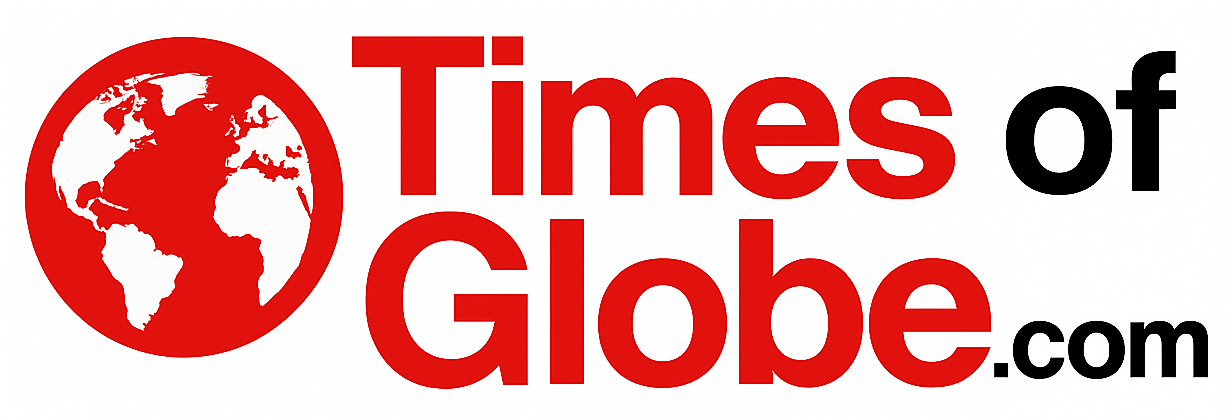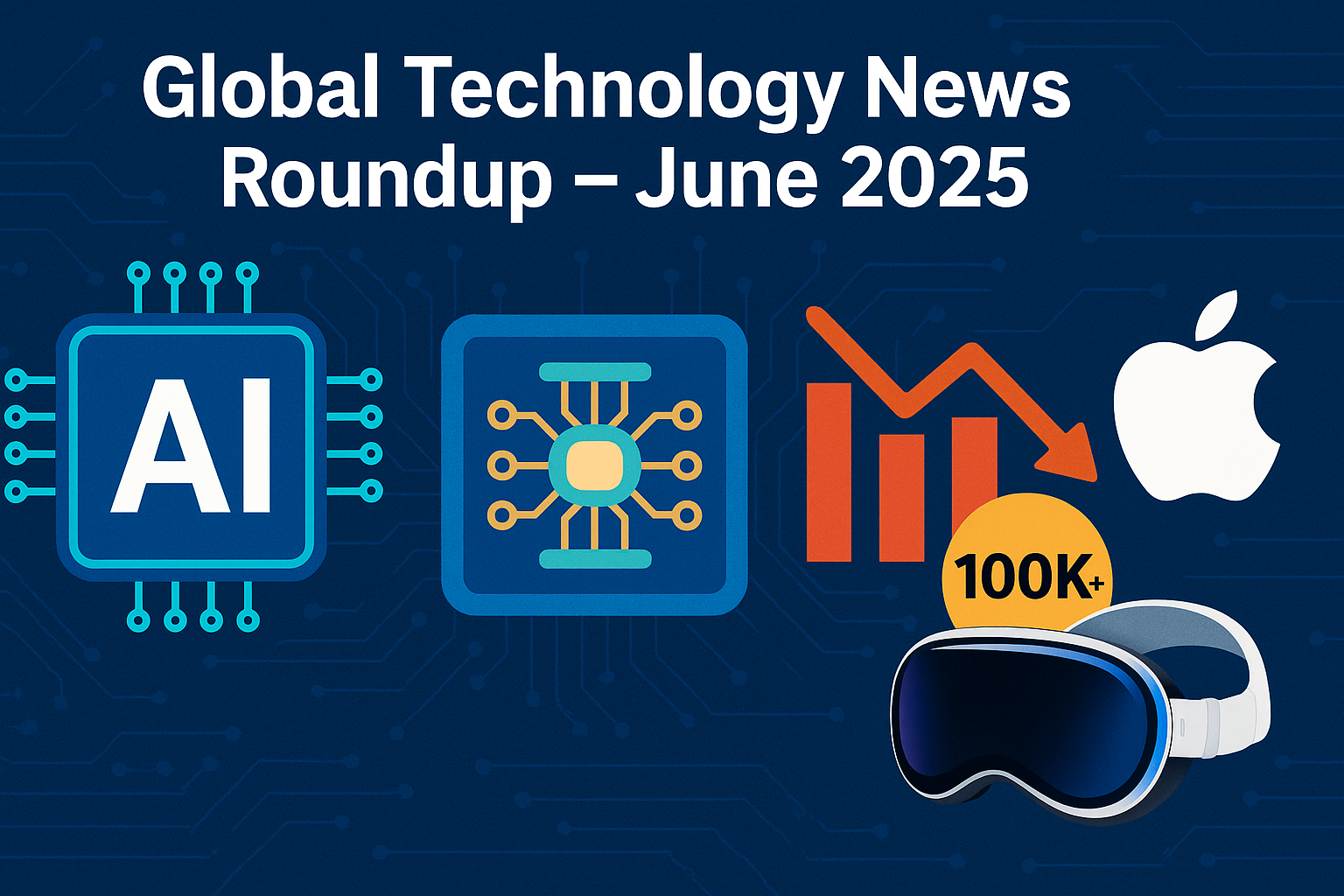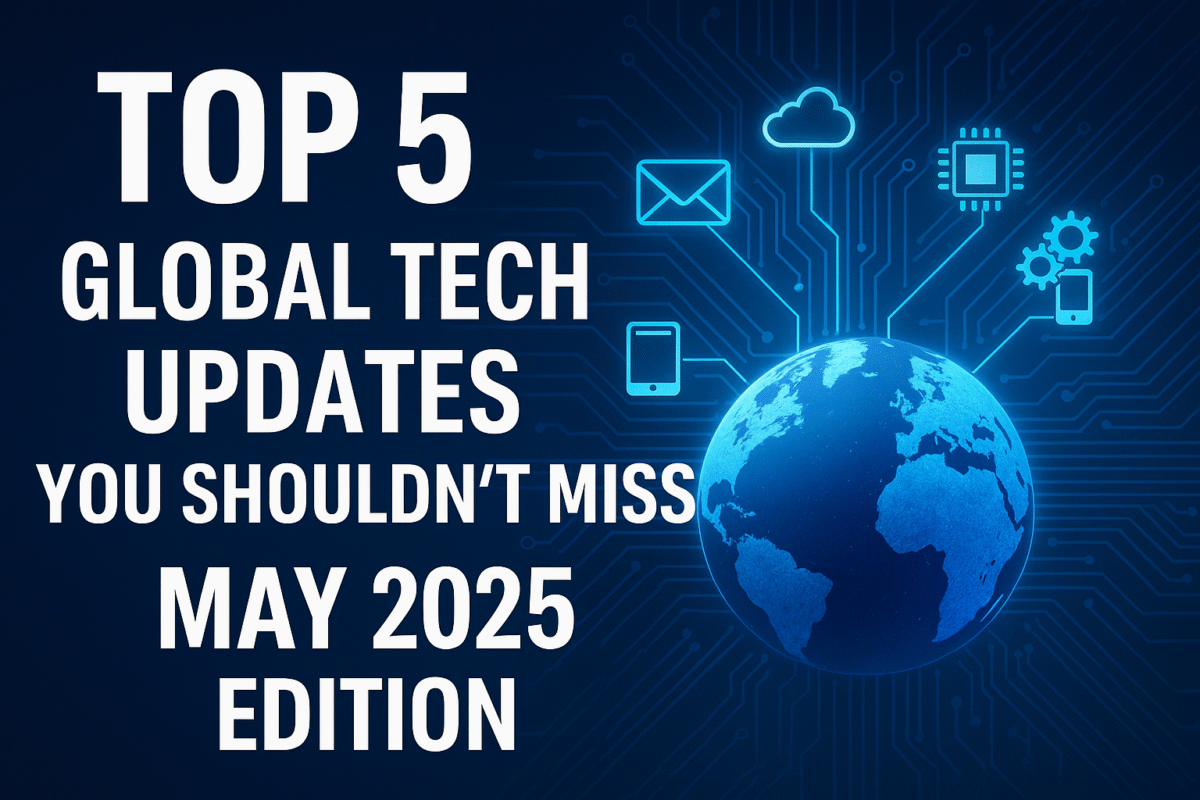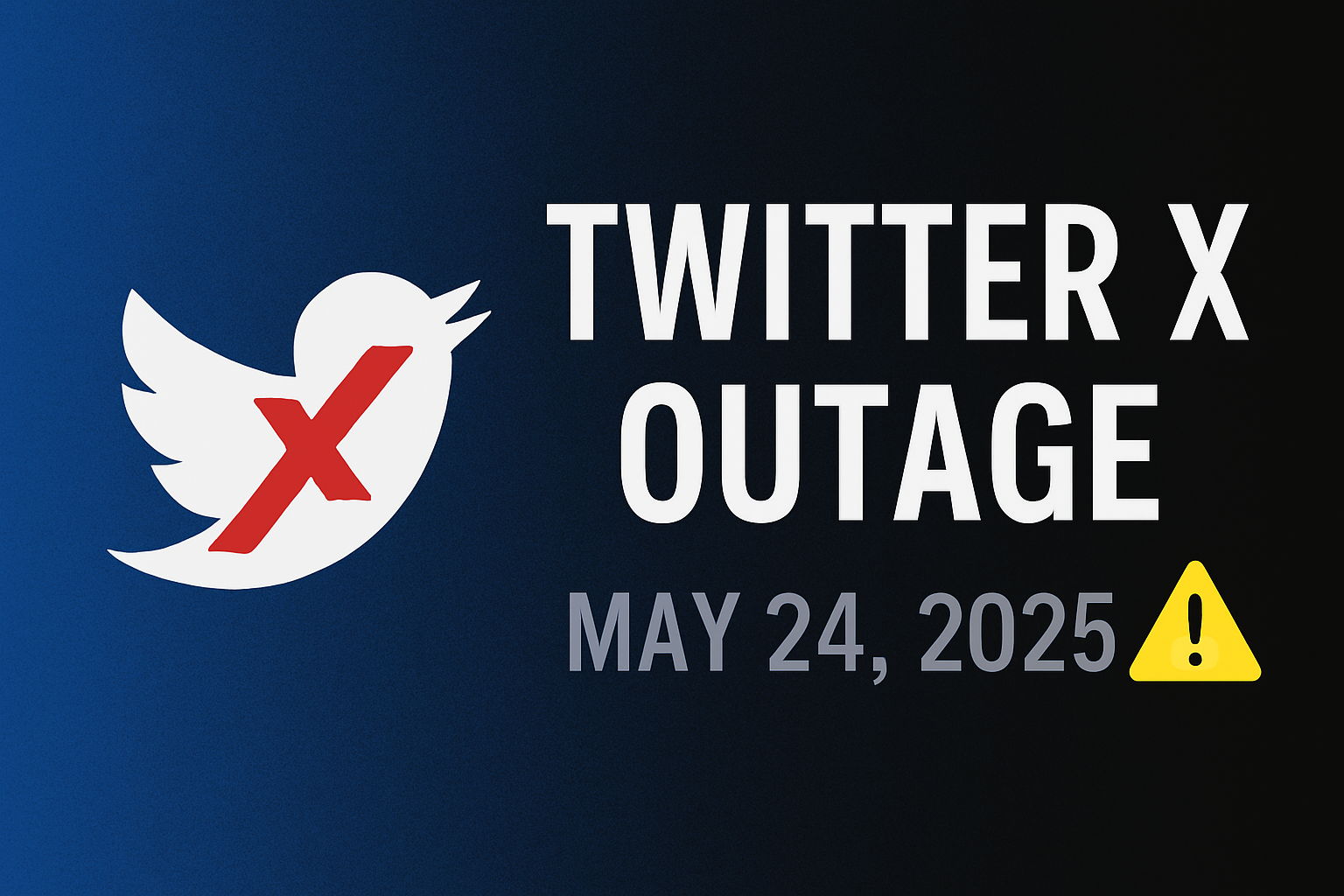Introduction
June 2025 was a month of intense technological transformation and disruption across the globe. From the rise of defense tech in the West to China’s growing AI ambition, and from sweeping layoffs across big tech to government-backed quantum investments, the landscape of innovation has shifted dramatically. In this detailed report, we bring you the top stories, their implications, and what it means for the global tech ecosystem.
1. AI & Defense Tech: U.S. Ramps Up War-Time Production Strategy
During the Paris Air Show in June 2025, American defense tech leaders and innovators declared a new national priority: scaling production of autonomous military technology. Firms like Anduril Industries and Firestorm Labs emphasized the need for rapid deployment of autonomous drones, supply chain AI, and predictive military intelligence.
Key Developments:
- AWS and Exiger showcased cloud-based predictive logistics for defense supply chains.
- Public-private partnerships are accelerating with new contracts signed by NATO-aligned countries.
- The Pentagon labeled AI-aided defense systems as “mission critical” for the next decade.
Implications: This push reflects a broader shift where technology innovation is increasingly tied to national defense, opening up new markets for AI in aerospace, surveillance, and real-time decision-making systems.
2. OpenAI Flags China’s Zhipu AI as Global Competitor
OpenAI publicly identified China’s Zhipu AI as a major contender in the global AI landscape. The Chinese company has rapidly expanded its AI tools across Southeast Asia and Africa, offering local-language LLMs and AI services at scale.
Why it Matters:
- AI is now central to geopolitical power. Zhipu’s expansion outside China represents a challenge to U.S. AI hegemony.
- Local governments in Africa and Southeast Asia are beginning to favor Chinese AI alternatives due to affordability and integration with local infrastructure.
- OpenAI warned that Chinese platforms are rapidly catching up in multimodal AI capabilities.
Forecast: The global AI race will no longer be a two-player game. India, the EU, and startups in Latin America are also showing signs of rapid progress.
3. UK Government Invests £500M in Quantum Computing
In a major move, the UK announced a £500 million investment package into quantum computing research and infrastructure. This follows increasing concern over falling behind the U.S. and China in the quantum space.
Key Objectives:
- Develop practical quantum cryptography systems for national security.
- Support startups in Bristol and Cambridge focusing on quantum materials and superconductors.
- Launch the Quantum Tech Talent Fund to train 10,000 quantum engineers by 2028.
Industry Response: Startups like Oxford Quantum Circuits and Quantinuum praised the move, citing an urgent need for stable funding to support long-term research.
4. Tech Industry Layoffs: Over 100,000 Jobs Cut Globally
June 2025 was also a tough month for workers in tech. Over 100,000 jobs were cut globally across major companies:
Top Layoff Announcements:
- Intel: 21,000 jobs
- Microsoft: 13,000 jobs in cloud and productivity segments
- Meta & Instagram: 10,500 jobs
- Alphabet (Google): 9,000 roles, mostly in advertising
Trends Observed:
- AI-driven automation is replacing human workers in support, design, and QA roles.
- Consolidation of tools and platforms is causing redundancy.
- Shift toward leaner, decentralized tech teams.
Worker Reactions:
- Tech unions in California and Germany organized protests.
- Talent shift toward Web3 startups and remote AI firms is accelerating.
5. Apple WWDC 2025: AI-Powered OS and Vision Pro Updates
Apple’s Worldwide Developers Conference (WWDC), held from June 9 to 13, brought major announcements:
Notable Releases:
- iOS 26: Integrated with on-device AI for privacy-friendly features
- macOS 26 Tahoe: Improved memory management and AI-based security monitoring
- visionOS 2: AI-enhanced spatial navigation and app scaling
Design Shift: Apple introduced a new “Liquid Glass” design for all devices – a translucent interface paired with voice-assisted workflows.
Implications: Apple is preparing to compete directly in the personal AI assistant space, placing emphasis on hybrid AI (on-device + cloud).
6. India-France AI Summit: Focus on Ethics & Inclusive Innovation
India and France hosted a joint AI summit in Bengaluru, aimed at setting a global framework for ethical AI development. This comes ahead of the “India-France Innovation Year 2026.”
Themes Discussed:
- Cross-border AI research
- Regulation of surveillance technologies
- Women-led AI innovation programs
Key Signatories:
- Indian Ministry of Electronics and IT
- La French Tech
- UNESCO tech ethics board
Outcomes: The summit concluded with the launch of the AI4All Global Fund to support open-source AI solutions for public services.
7. Australia-UK Tech Workforce Pact: Filling 200K Jobs
Australia and the UK signed a tech mobility agreement to solve the shortage of skilled digital workers. The agreement includes:
- Fast-track visas for developers, AI scientists, and cybersecurity experts
- Joint tech training academies in London and Sydney
- Scholarships for underrepresented communities
Context: Australia predicts a shortage of over 200,000 tech professionals by 2030. This pact aims to accelerate talent movement and cross-border innovation.
8. LG Exits Smartphone Market After 15 Years
LG officially ended support for its smartphone division on June 30, 2025. Users were advised to update their devices before the cut-off date. This marks the end of an era that began in the early 2010s.
Reasons Behind the Exit:
- Intense competition from Chinese brands
- Slow adaptation to foldable tech and AI phones
- Declining profitability since 2018
Impact on Users:
- No more updates or security patches
- LG Bridge software support also discontinued
What’s Next for LG: The company will now focus on EV batteries, smart TVs, and industrial automation.
Conclusion: What’s Next in Tech for 2025 and Beyond?
June 2025 shows that technology is no longer an isolated vertical—it is deeply embedded in geopolitics, labor markets, ethics, and global cooperation. As AI continues to evolve, countries will compete not just in innovation but also in values and governance. With massive layoffs and emerging regulations, the coming months will demand adaptability from both tech firms and workers.
Stay tuned to TimesOfGlobe.com for real-time updates on AI breakthroughs, tech policy, and global innovation trends every month.





ypezjv